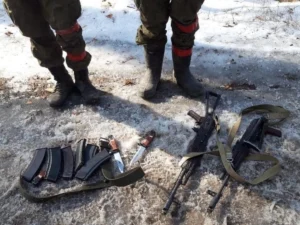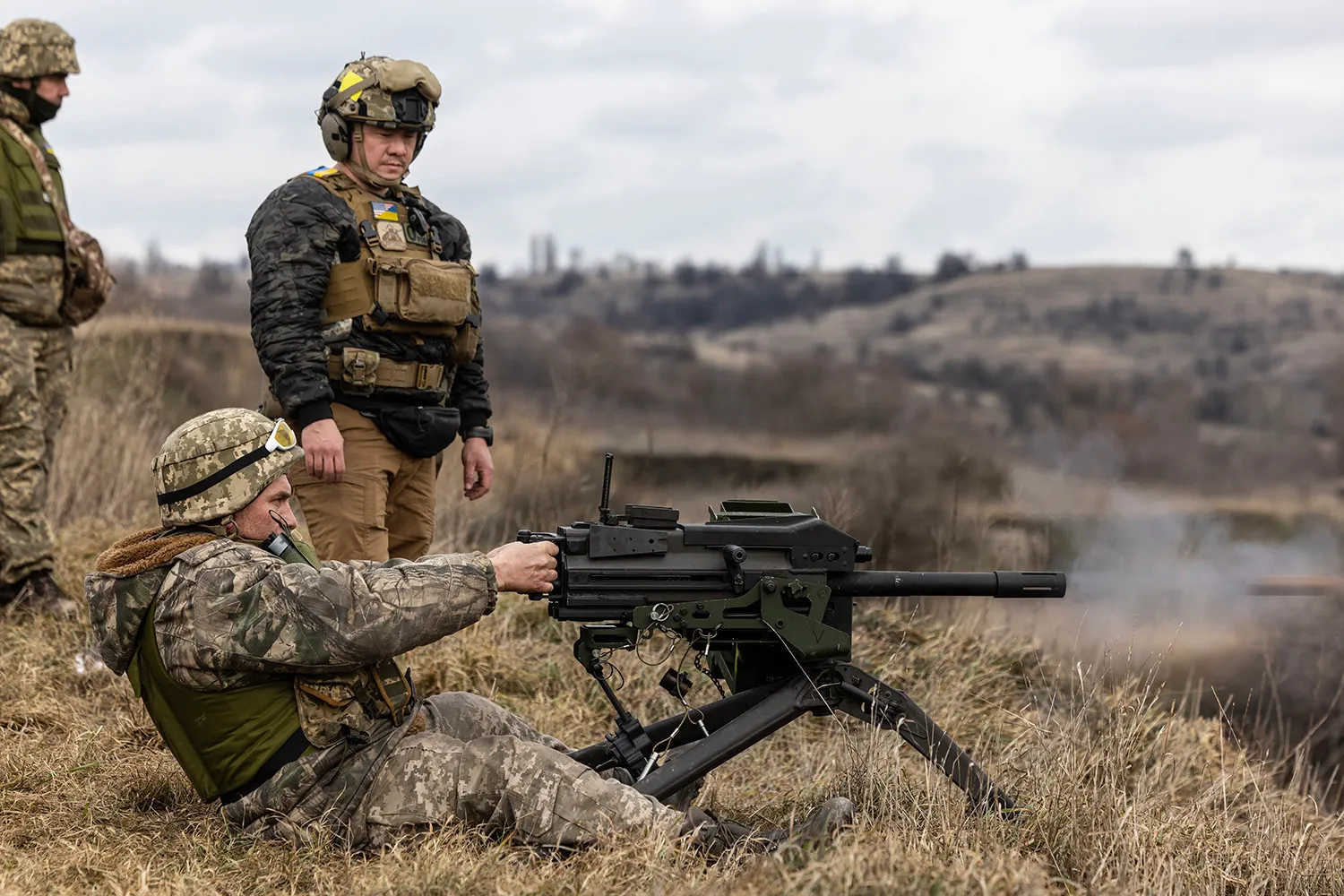Rollercoaster in Russia. Strapped In for the Long Haul: Looks like Russians are settling in for an extended stay with the whole Ukraine conflict. The Levada Centre, this independent research group, is buzzing about how the public seems to be going along with President Putin’s moves. Survey says about 43% are giving a firm “yes” to backing the Russian armed forces, while another 33% are leaning towards a “yeah, kinda.”
Z-Patriots Taking the Stage:
Breaking it Down: The Levada Centre has this crew called “Z-patriots,” making up roughly a quarter of the Russian population. These folks are all about keeping the military show rolling, and shockingly, around 10% of them are cool with pulling the nuclear card. The rest might not be thrilled about the war, but societal norms and upbringing keep them from throwing shade at it.

The Hush-Hush Situation:
Battle of Loyalties: Denis Volkov, the head honcho at the Levada Centre, is breaking it down: there are ‘our own’ and there are ‘strangers’. Even if folks aren’t vibing with the reason for the war, those fighting are still considered ‘our guys,’ and when push comes to shove, loyalty often trumps logic.
Cheers Amidst Chaos:
Changing Tune: Dr. Anna Matveeva from King’s College London notes that the troops are getting more cheers these days. Even those who were giving the war a hard pass are starting to think, “Well, we’re in the thick of it now. Can’t back down. These are our folks, our buddies, our significant others. Even if the reason they’re in this mess is off, they’re still our peeps, our citizens. So, gotta root for them.”
What’s Messing with Heads:
Wallet Matters: Despite March 2022 giving Russia a financial rollercoaster thanks to foreign sanctions, they managed to pull it together. Playing the stability card helped, especially with bigger cities taking the hit from sanctions, but not the entire country. Throw in a bump in payments for those in the fight, their families, pensioners, and families with kids, plus a minimum wage boost, and you’ve got folks feeling economically secure.
Situational Updates: Even though the Russian army faced a few fumbles, it didn’t majorly shake public sentiment. But, according to Denis Volkov, it’s like a snowball effect with every setback piling up. The lack of public info on how many Russian soldiers bought it could also throw a wrench into the works over time.
Mobilization Headache: When the Kremlin yelled “partial mobilization” last fall, it turned into a big mess. Not a ton of folks jumped on the bandwagon, but the social fallout was massive. Dr. Matveeva sums it up—authorities figured out that unless it’s a dire situation, maybe mobilization isn’t the best idea. It just stirs up too much drama.
So, Russians are doing the adapt-and-ride-it-out thing, blending loyalty, economic vibes, and the play-by-play at the warfront to cook up their take on the Ukraine situation.
